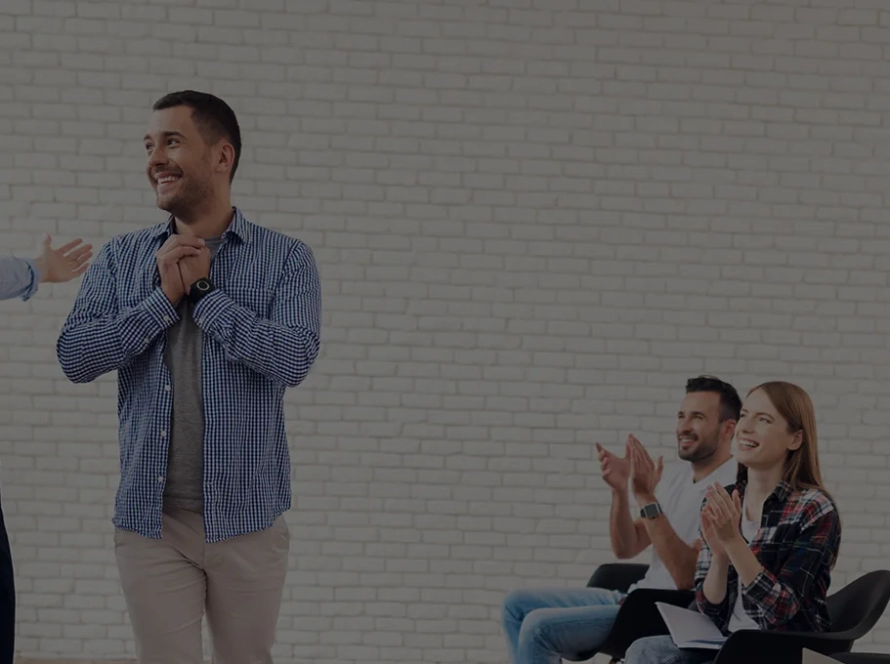Effective communication is a crucial aspect of both personal and professional life. It is the foundation of building and maintaining healthy relationships, as well as contributing to success in the workplace. To communicate effectively, one must convey their thoughts, ideas, and feelings clearly and accurately. This requires active listening, paying attention to non-verbal cues, expressing oneself in a manner that is respectful to others, and being open to feedback.
In the workplace, effective communication can help build strong working relationships, resolve conflicts, and achieve common goals. It is essential for effective teamwork and collaboration and for providing clear instructions and feedback to employees. In addition, it can also help in improving performance, fostering a positive work environment, and promoting innovation.
In personal relationships, effective communication is equally important. It helps build trust, resolve conflicts, and maintain a deep understanding of one another. By being open and honest in our communication, we can express our needs and desires and work together to find mutually satisfying solutions.
How to Improve Your Communication Skills with Classes?
Taking communication classes is an opportunity to improve your communication skills. These classes provide you with the knowledge and practical experience to develop your abilities in different areas of communication, such as verbal and nonverbal communication, active listening, public speaking, and interpersonal communication. In these classes, you will have the chance to practice and receive feedback on your communication style and techniques, which can help you identify and improve upon any weaknesses.
Classes also provide an opportunity to learn from field experts and interact with other individuals who share your goal of improving their communication skills. By participating in class discussions, group activities, and hands-on exercises, you can develop a more nuanced understanding of effective communication and gain practical experience using these skills in real-world scenarios. With these new tools and perspectives, you can become a more confident, articulate, and effective communicator.
Communication classes also focus on nonverbal cues and body language. This can include gestures, facial expressions, and eye contact, which can greatly impact the effectiveness of communication. Participants in these classes will learn how to use nonverbal cues to reinforce their message and build rapport with others.
What are communication strategies for success in work and relationships?
Success in work and relationships often requires effective communication. Here are some strategies that can help improve communication in these contexts:
- Active listening: Pay close attention to what the other person is saying, avoid interrupting, and show that you understand by summarizing or paraphrasing what they’ve said. This can help build trust and ensure that you understand the other person’s perspective accurately
- Clarity and brevity: Be clear and concise in your communication, and avoid using jargon or complex language that might be confusing or difficult for others to understand. This can help ensure that your message is well received and understood by those you are communicating with.
- Empathy: Try to put yourself in the other person’s shoes and understand their perspective. This can help you communicate in a way that is more effective, respectful, and appropriate for the situation.
- Non-verbal communication: Pay attention to non-verbal cues such as body language and tone of voice. These can often convey as much or more than the words themselves and can help you better understand the other person’s perspective and feelings.
- Open-ended questions: Ask questions that encourage the other person to share more information and give you a better understanding of their perspective. This can help you gather information, build rapport, and better understand the other person’s needs and concerns.
- Timing: Consider the timing of your communication, and choose the right moment to deliver your message. Avoid communicating when someone is distracted or under stress, as this can reduce the effectiveness of your message.
How effective communication classes can help you sharpen your Communication skills?
Effective communication classes can help you improve your communication skills by teaching you key strategies for effective and clear expression. These classes typically cover the fundamentals of communication, including body language, tone, active listening, and message delivery. You will also learn about the different types of communication, such as verbal and nonverbal, and how to use them effectively in various situations. By participating in class discussions and engaging in interactive exercises, you will have the opportunity to practice and receive feedback on your communication skills.
Classes can also provide you with insights into the dynamics of interpersonal relationships and how communication can influence and shape those relationships. Ultimately, taking communication classes can help you build confidence, improve your relationships, and become a more effective communicator in both personal and professional settings.
One of the key areas of focus in classes is active listening. This involves paying close attention to what others are saying and seeking to understand their perspective. Through active listening, individuals can build stronger relationships with others and improve their ability to communicate effectively. In a communication class, individuals will have the opportunity to practice active listening through role-playing exercises and group discussions.
Interpersonal skills are also a crucial aspect of effective communication, and communication classes will help individuals improve these skills. This includes learning how to handle difficult conversations, resolve conflicts, and build strong relationships with others. Through group discussions and role-playing exercises, participants in these classes will have the opportunity to practice their interpersonal skills and receive feedback from others.
Conclusion
Communication skills are essential for success in both professional and personal relationships. To improve communication, it is important to listen actively, show empathy, express oneself clearly and authentically, and communicate with confidence. Orator Academy offers an excellent opportunity to improve communication skills. By attending classes, students can learn how to effectively communicate their thoughts and feelings in both work and personal relationships. These skills will help students achieve success in their careers and relationships. By utilizing these strategies, individuals can build trust and understanding with those around them, leading to more productive and fulfilling relationships both in the workplace and in life.



